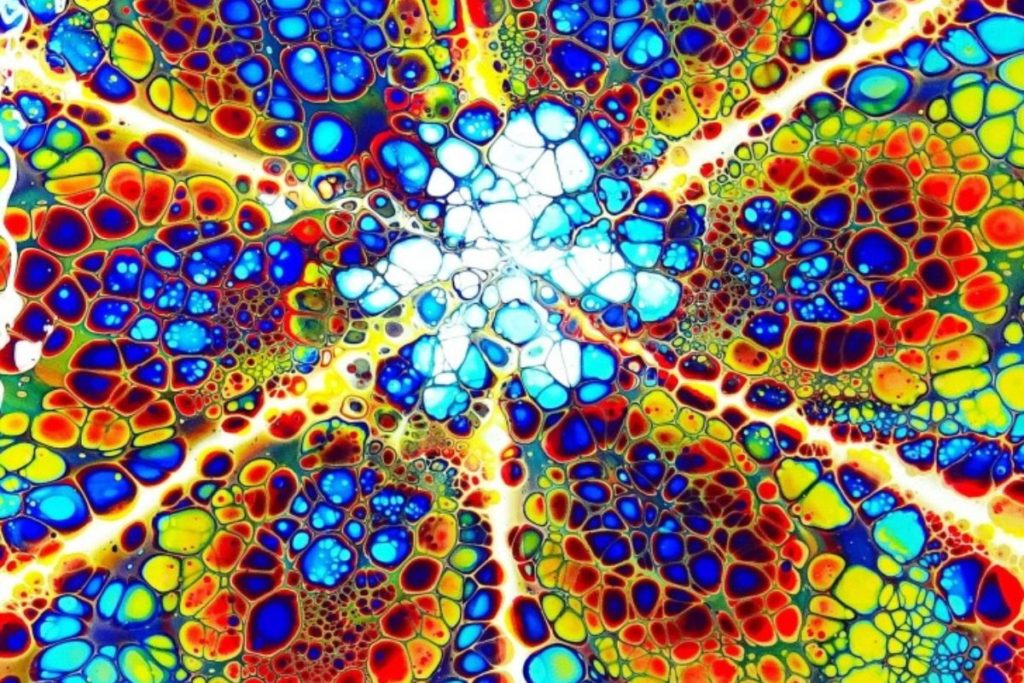Phencyclidine, also known as PCP or angel dust, was used as an anesthetic until the mid-1960s. It’s use was discontinued due to its intense side effects, which include hallucinations, distorted perceptions, and unpredictable behavior.
PCP abuse has long been associated with acts of violence. While there have been a few notorious events involving PCP abuse, such incidents have tended to involve individuals who already had a reputation for violence. That’s not to say the effects of PCP abuse are benign, however.

While PCP can create sensations of euphoria, it also produces intense symptoms including depersonalization, paranoia, and even suicidal ideation. PCP is most commonly smoked, but it can be taken orally, snorted, and injected. It’s often combined with tobacco and/or cannabis.
PCP is addictive, and since it binds with brain tissue, withdrawal can take weeks. Professional, medically-supervised detox is strongly recommended for recovery from PCP abuse.



